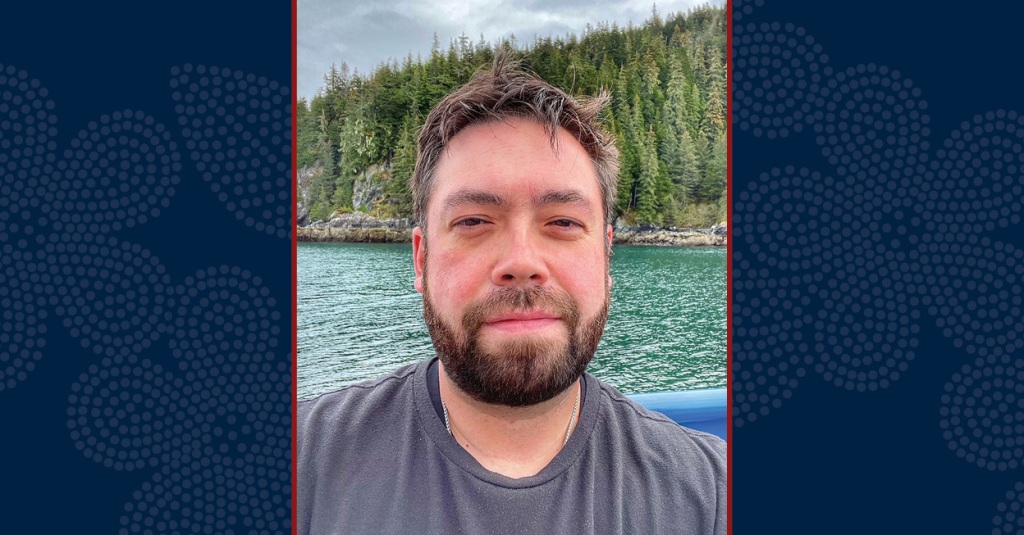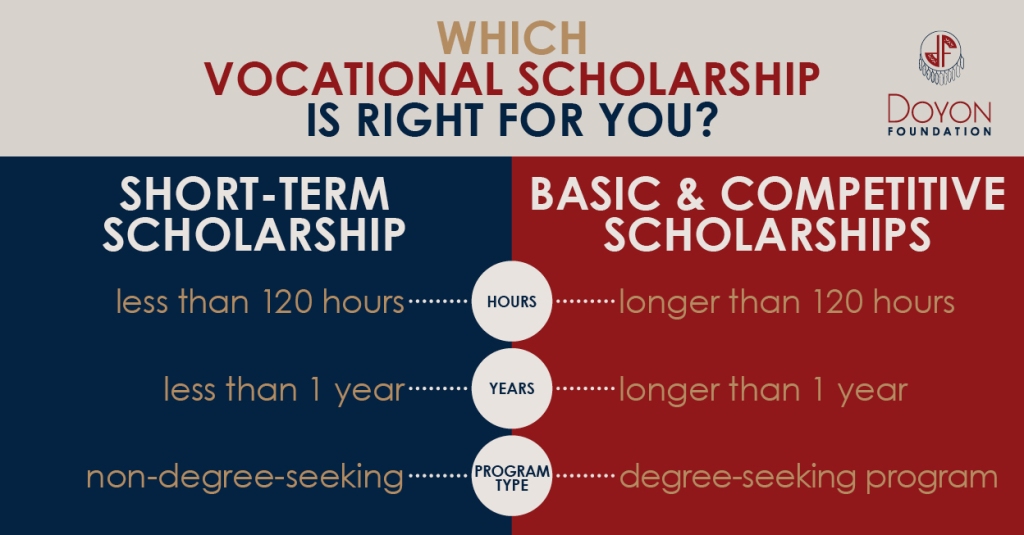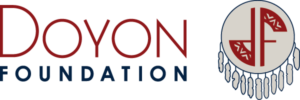
A seaman on escort tugboats based in Valdez, Jordan Irwin is the son of Michael Irwin of Nenana and Veronica Lord Irwin of Yakutat. His maternal grandparents are Gilbert and Nellie Lord of Yakutat and his paternal grandparents are Jack and Jenny Irwin of Nenana. Jordan’s family includes his girlfriend, Melanie Rodriguez, and her three children, aged 14 to 21.
Jordan Irwin traces a lifelong love of the water to his growing-up years in Juneau, where he attended Juneau-Douglas High School and began working on commercial fishing boats. Jobs on the North Slope and as a truck driver led him to look for a career that combined interests in travel, the outdoors and the sea. Although both of his parents earned advanced degrees, Jordan left high school with just one credit to go. He earned his GED in 2011.
“I was sick of school,” he recalled. “I like to be outdoors hunting, fishing, camping, hiking, doing photography. Being in an office, behind a computer, just wasn’t for me.” He credits his girlfriend, Melanie, for inspiration to continue his education at 41. “I believe everything happens for a reason,” Jordan said.
In 2013, he returned to school, first to attend the AVTEC Maritime Training Center, a Coast Guard-approved training center in Seward, and then in 2020 to enroll in Seattle-based MITAGS, the Maritime Institute of Technology and Graduate Studies. A short-term vocational scholarship from Doyon Foundation helped Jordan complete radar training at MITAGS in 2020. He’s working toward additional credentials, eventually leading to the rank of captain or licensed third mate responsible for driving a vessel. “I know I can do it,” Jordan said.
A professional highlight in 2010 involved him in oil-spill response at Point Lena, where a cruise ship ran aground near Juneau and sank in 1952 with an estimated 300,000 gallons of bunker fuel and oily water aboard. Jordan was employed by a contractor working to extract hazardous material, which was transported to a waste-oil recycling center. Salvage required divers to pump oil at 200 feet and took about a month, Jordan said, adding, “Nothing leaked.”
Today, Jordan works on tugboats operated by Edison Choest Offshore (ECO), a marine transportation services company contracted to Alyeska Pipeline Service Co. ECO provides spill response and escort tugboats for North Slope oil tankers transiting Prince William Sound. A typical workday may see Jordan help dock or undock two tankers a day as they arrive or depart the oil pipeline terminus at Valdez. Tug escort begins and ends at Cape Hinchinbrook, about 80 miles from the Valdez port.
Merchant mariners like Jordan advance by completing a series of credentials, known as endorsements, to qualify for higher wages on larger vessels and in highly skilled categories such as the bridge, where navigation occurs. To realize his goal of becoming captain, Jordan is completing courses at MITAGS and the Alaska Maritime Training Center as his budget and work schedule permit. Typical shifts are two months at sea followed by one month at home. MITAGS courses may run four weeks and cost $10,000 each, prompting Jordan to rely on help from his parents as well as scholarships from Native corporations in addition to Doyon Foundation.
He’s optimistic about his career and realistic about his time and finances. “The maritime industry will always be around,” Jordan said. “There are great opportunities.” Long stretches away from home are hard, but worth the sacrifice so that his family has a future, he said. His advice to other students: “Keep studying and stay the course.”
Doyon Foundation is pleased to provide scholarship funding to vocational students like Jordan. In addition to the short-term vocational scholarship, which cover the cost of the course or training up to $3,000, vocational students are also eligible for the Foundation’s basic scholarships, which range from $1,600 to $2,400 per semester, and competitive scholarships, which range from $7,000 to $11,000. Learn more about the Foundation’s vocational scholarship opportunities on our blog.

